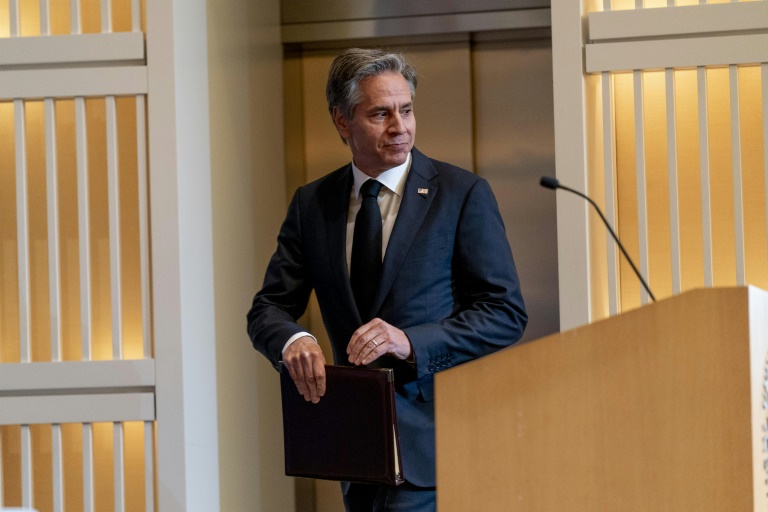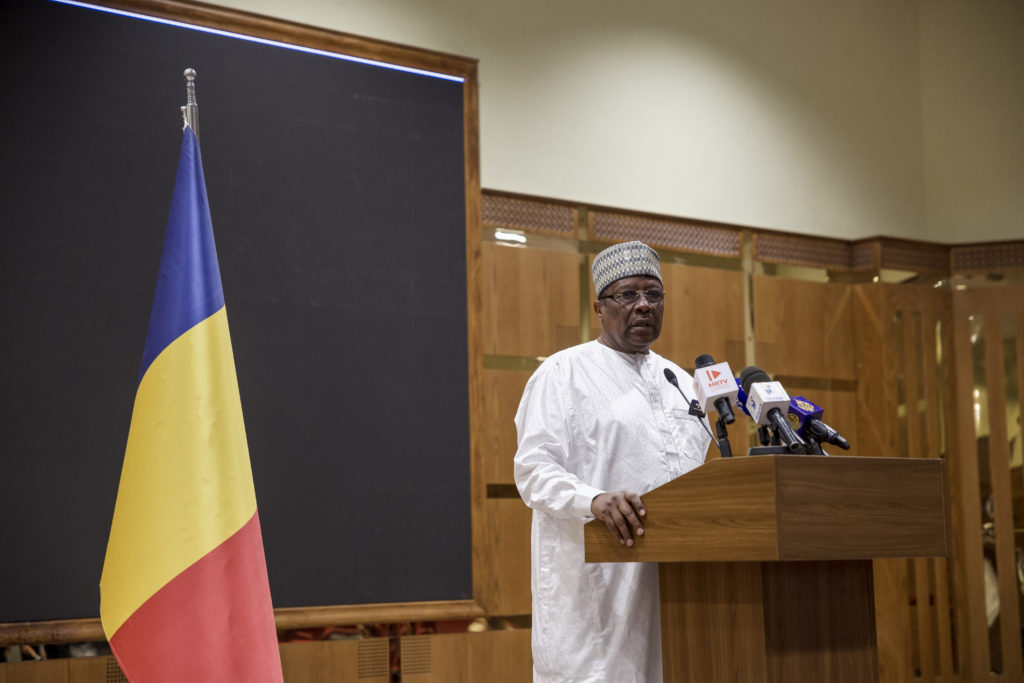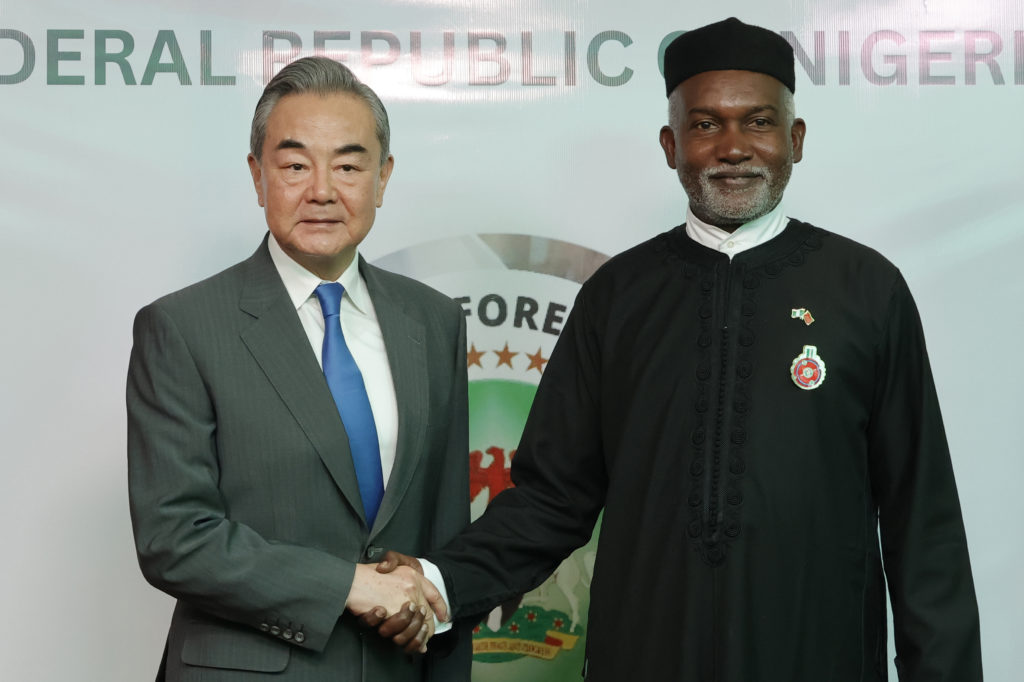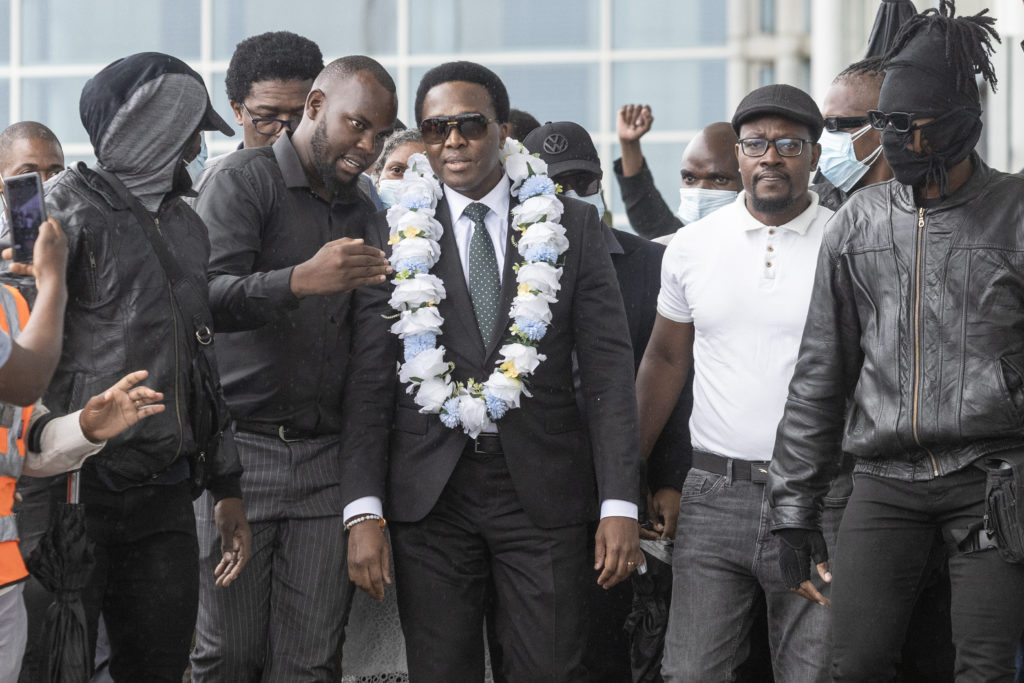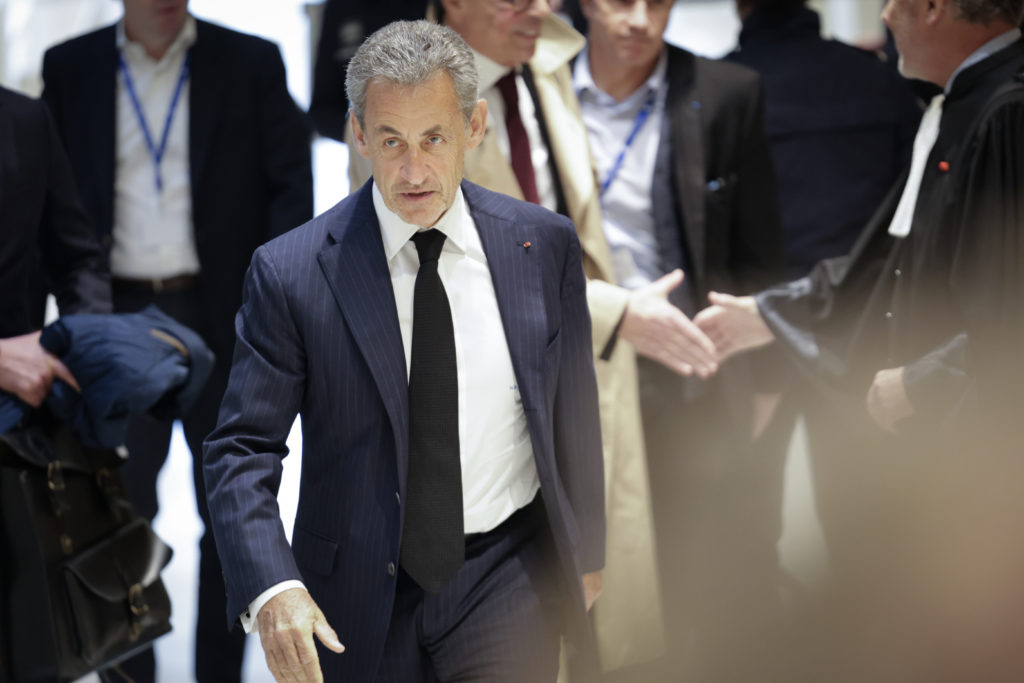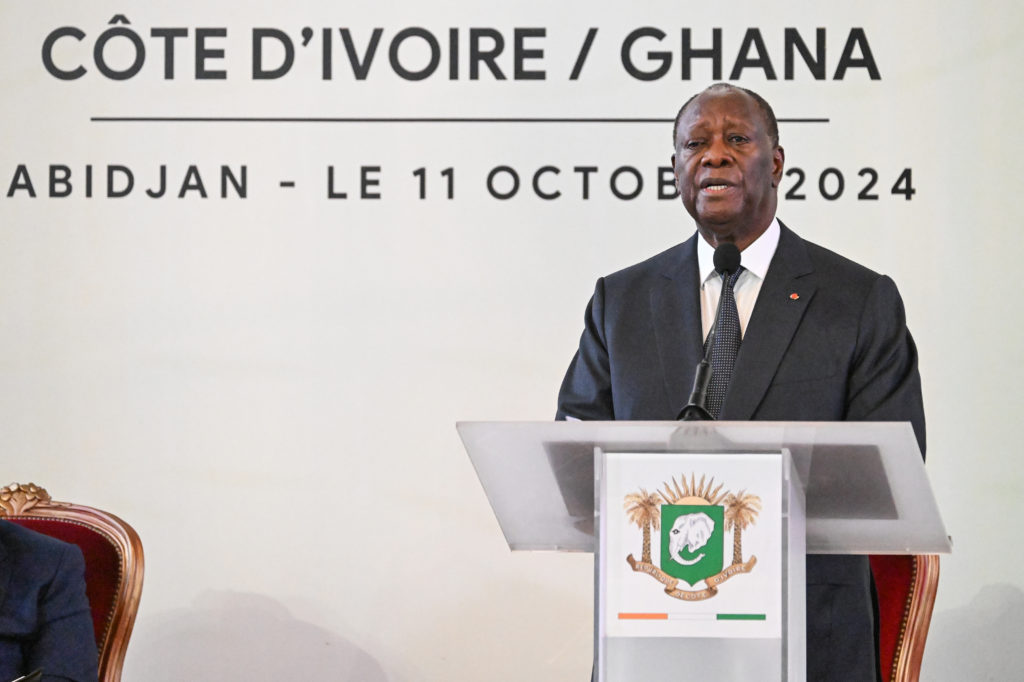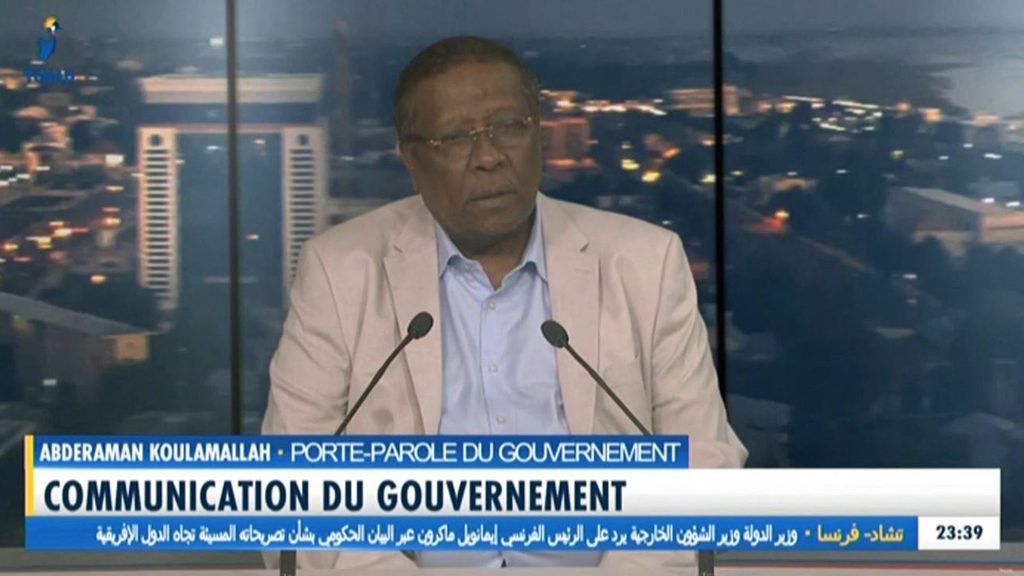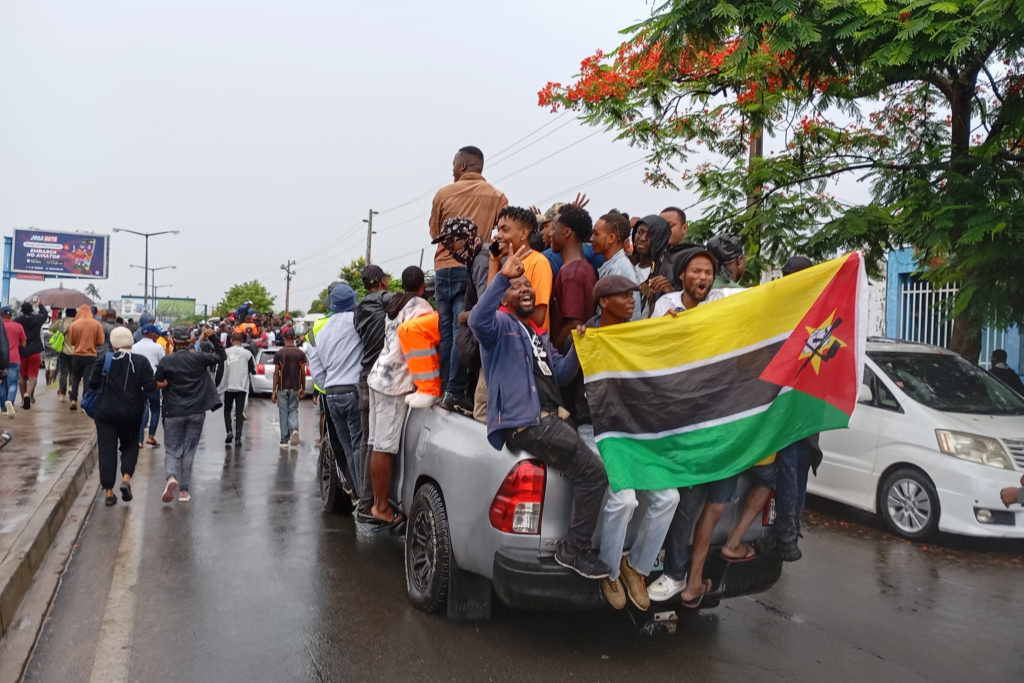US Secretary of State Antony Blinken will travel next month to South Africa, the Democratic Republic of Congo and Rwanda, the State Department announced Friday, as Washington ramps up diplomacy in Africa to counter a Russian charm offensive.
The US ambassador to the United Nations, Linda Thomas-Greenfield, will also go in August to Ghana and Uganda and the US aid chief, Samantha Power, recently completed a trip to longtime US ally Kenya, as well as troubled Somalia, where she highlighted the rise in malnutrition aggravated by Russia’s invasion of Ukraine.
The diplomacy comes as Russian Foreign Minister Sergei Lavrov undertakes his own extensive tour of Africa, where he has sought to cast spiraling global food prices as a consequence of Western sanctions — an idea rejected by Washington, which points to Moscow’s blockade of Ukrainian ports.
Blinken will send a message that “African countries are geostrategic players and critical partners on the most pressing issues of our day, from promoting an open and stable international system, to tackling the effects of climate change, food insecurity and global pandemics to shaping our technological and economic futures,” a State Department statement said.
South Africa, a leader in the developing world, has emerged as a key diplomatic battleground as it has remained studiously neutral on the Ukraine war, refusing to join Western calls to condemn Moscow, which still enjoys affection over its opposition to apartheid.
Blinken will visit Johannesburg and the capital Pretoria from August 7-9. He will then head to the Democratic Republic of Congo’s capital Kinshasa in a bid to show support for sub-Saharan Africa’s vastest country as it tries to turn the page on decades of conflict.
He will complete his trip in Rwanda, which has seen a flare-up in tensions with DR Congo after it accused its neighbor to the east of backing M23 rebels, a charge Kigali denies.
The State Department said Blinken will press for the release of Paul Rusesabagina, who is credited with saving hundreds of lives during the 1994 genocide and inspired the movie “Hotel Rwanda.”
A US permanent resident, Rusesabagina is a critic of Rwandan President Paul Kagame and was sentenced to a 25-year prison term for “terrorism” after a plane he believed was bound for Burundi landed in Kigali in 2020.
Blinken will be paying his second trip to sub-Saharan Africa since he took office last year with President Joe Biden’s administration.
Late last year, he traveled to Kenya, Nigeria and Senegal as he sought to highlight democracies.
Before Russia’s February invasion of Ukraine, US efforts in Africa had a heavy subtext on competition with China, which has poured money into infrastructure building on the continent and contrasts itself with the United States by making no demands on democracy or human rights.
– Rejecting Russian narrative –
While the Biden administration identifies China as the primary long-term competitor of the United States, it has focused in the short-term on countering Russia.
Western nations have overwhelmingly voiced outrage and sought to punish Moscow over its invasion of Ukraine but developing nations, especially in Africa and South Asia, have been more hesitant.
Yoweri Museveni, the veteran leader of Uganda where Thomas-Greenfield is heading, met Tuesday with Lavrov and said, “How can we be against somebody who has never harmed us?”
Lavrov, speaking the next day in Ethiopia, urged Africa to resist a world “totally subordinated to the United States” and warned that other nations risked punishment if they run afoul of Western interests.
Blinken on Wednesday described Lavrov’s trip as “a desperate game of defense to justify to the world the actions that Russia has taken” including its “aggression” in Ukraine.
President Emmanuel Macron of France, which has a long history in Africa, on a visit to Benin on Wednesday called Russia “one of the last imperial colonial powers.”
Power, administrator of the US Agency for International Development, on her trip to the Horn of Africa unveiled more than $1 billion in emergency assistance to fight rising hunger and challenged other nations such as China and Russia to follow suit.

